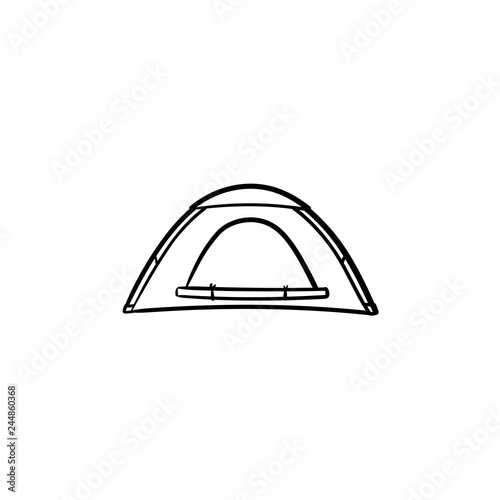A four-season camping tent is optimal for wintertime mountain camping or chilly climates where snow and wind are a given. High-quality four-season tents supply premium insulation and climate resistance for defense in severe problems.
Efficient four-season outdoors tents utilize construction top quality more than raw R-values. Learn exactly how stiff foam, polystyrene, and other materials keep these outdoors tents warmer and drier.
Fiberglass Insulation
Fiberglass insulation is a preferred selection for homeowners and DIYers aiming to improve their home's energy effectiveness. Made from recycled glass and sand, fiberglass is non-combustible and does not call for added fire-retardant therapy for domestic usage.
It is commonly a pink-tinted product that can be installed in numerous forms, including attics, crawl space joists, and basement walls. It's available in covering kind, called "batts," and is sold in bags containing basic pre-cut lengths and sizes. Encountered or unfaced batts can be positioned in between joists, while an attic covering of loose-fill fiberglass can cover a room's floor to weaken audio transmission in between floorings in two-story homes.
Fiberglass' insulating power is determined by its R-Value, which indicates the product's capacity to stand up to heat flow. A higher R-Value suggests greater insulating capability. This R-Value relies on the climate area in which an individual lives; speak with a local structure supply firm to figure out the specific R-Value that will attain optimal cause your location.
Polystyrene Insulation
Along with being a great thermal insulator, polystyrene insulation can offer shock absorption and moisture resistance. It is also light-weight and inexpensive, making it a popular option for household applications. Nevertheless, there are some downsides to polystyrene insulation.
Among the main issues is that it often tends to take in water, which can endanger its protecting residential or commercial properties. Expanded polystyrene insulation has a water vapor permeance of about 2-4%, which is greater than the majority of various other sorts of insulation.
Another concern is that polystyrene can melt when exposed to fire. This can produce dangerous liquified insulation that might drip and spread out fire throughout the structure. In order to avoid this problem, you need to make use of a fireproof polyiso board rather than expanding foam. Fabco Thermal Insulation Manufacturing facility provides polyiso insulation services that satisfy the needs of modern-day household construction. This insulation prevents warm loss with foundations and enhances home power performance. It is likewise immune to moisture and has a high R-value per inch.
Styrofoam Insulation
Styrofoam insulation is light-weight and shielding, keeping your camper warm in extreme climate. It is additionally moisture resistant, implying it will not warp or break down when revealed to damp problems.
Many individuals utilize the term "styrofoam" to describe a selection of white foam packaging and non reusable cups, but true styrofoam is closed-cell extruded polystyrene foam that is trademarked as Styrofoam brand name XPS insulation. These inflexible foam boards are typically blue or pink and have a distinct look.
This insulation is a preferred option in structure and shipping due to its shock-absorbing properties. It is additionally a preferred for packaging food and beverages as a result of its ability to maintain warmth. On top of that, styrofoam is highly cost effective, making it a great choice for makers and consumers alike. Because its creation in 1941, styrofoam has developed a credibility as an innovative building item. In 2019, DuPont started reformulating Styrofoam to offer a low-global warming capacity (GWP) formula signified by a grey shade.
Inflexible Foam Insulation
Inflexible foam insulation is an ingenious structure material that provides a range of major benefits. It secures voids, air leakages and preserves interior temperature tent poles level to lower power waste and lower utility expenses. It likewise protects against ice clogging around foundations and can help reduce condensation, mold and mildew that might create damage to walls.
Foam insulation can be conveniently cut with a saw and sliced and broken like drywall, making it very easy to set up around blockages such as cables, junction boxes and bracing. Unlike fiberglass, rigid foam insulation is untouched by wetness and does not change dimensions or take in water.
Foam insulation is fire-rated and does not have formaldehyde or various other additives that can negatively affect human health and wellness. The chemistry of stiff foam insulation likewise makes it a lot more ecologically lasting, with high R-values saving over 40 BTUs of energy for every single BTU utilized to make the item. This dramatically exceeds the power saved by fiberglass insulation which loses as much as 80% of its efficiency gradually.
